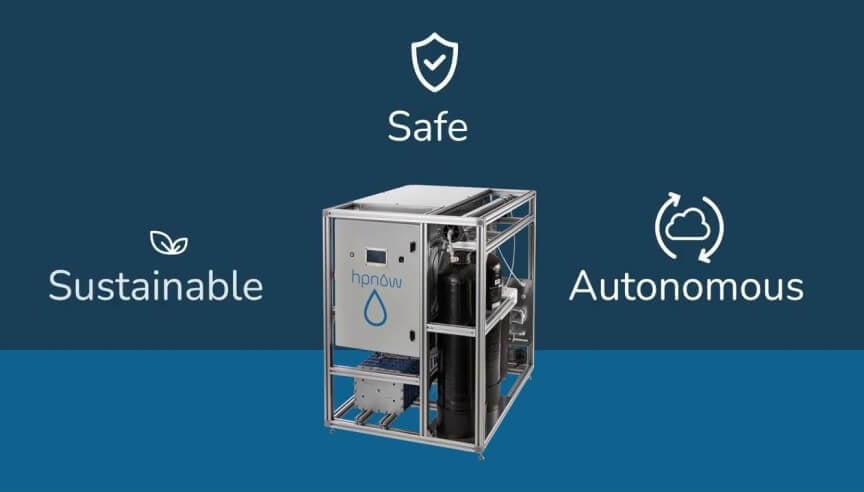Recent Posts
Applications of Hydrogen Peroxide

Main Applications of Low-Concentrated Hydrogen Peroxide
Hydrogen peroxide (H₂O₂), even in low concentrations, is a versatile compound widely used across various sectors due to its strong oxidizing and disinfecting properties. From agriculture to high-tech industries, its eco-friendly nature and effectiveness have made it an indispensable solution for numerous applications.
1. Agriculture
In agriculture, low-concentrated hydrogen peroxide plays a pivotal role in improving crop health and soil conditions. It is commonly used to:
- Enhance Soil Aeration:
By releasing oxygen, hydrogen peroxide loosens compacted soil, improving water and nutrient absorption. - Prevent Diseases:
Its antimicrobial properties help combat pathogens, fungi, and bacteria that can harm crops. - Seed Treatment:
Soaking seeds in hydrogen peroxide improves germination rates by eliminating surface contaminants. - Irrigation System Maintenance:
Added to irrigation water, hydrogen peroxide prevents the growth of algae and biofilms, ensuring efficient water flow.
2. Industry
Low-concentrated hydrogen peroxide is used in industrial processes for cleaning, sanitation, and water treatment. Key applications include:
- Cooling Systems:
It helps control microbial growth and biofouling in industrial cooling loops, improving system efficiency. - Oxidation Processes:
Hydrogen peroxide acts as a powerful oxidizer in chemical manufacturing and wastewater treatment. - Surface Cleaning:
It is used for cleaning industrial equipment, tanks, and pipelines without leaving harmful residues.
3. Food and Beverage
The food and beverage industry relies on hydrogen peroxide for its ability to ensure hygiene and product safety. Applications include:
- Disinfection:
Low-concentration solutions are used to sanitize surfaces, equipment, and packaging materials, preventing microbial contamination. - Aseptic Packaging:
It sterilizes containers for beverages like milk and juice, ensuring longer shelf life. - Water Treatment:
Hydrogen peroxide treats process water to eliminate bacteria and organic impurities, ensuring compliance with strict hygiene standards.
4. Municipalities
Municipalities use hydrogen peroxide to maintain clean water supplies and efficient wastewater treatment systems. Its applications include:
- Drinking Water Treatment:
Hydrogen peroxide removes organic contaminants, controls taste and odor issues, and supports disinfection. - Wastewater Treatment:
It is effective in reducing odors, controlling sludge buildup, and eliminating harmful microorganisms in sewage treatment facilities. - Algae Control:
In water reservoirs and recreational water bodies, hydrogen peroxide helps manage algae growth without harming aquatic life.
5. Data Centers
Data centers, which require efficient cooling and clean water systems, benefit from low-concentrated hydrogen peroxide for:
- Cooling Tower Maintenance:
It prevents microbial growth and scale formation in water-cooled systems, ensuring optimal performance. - Water Quality Management:
Hydrogen peroxide keeps water systems clean and free of contaminants, which is essential for protecting sensitive equipment.
6. Electronics
In the electronics sector, hydrogen peroxide is used in precision cleaning and manufacturing processes. Applications include:
- Semiconductor Fabrication:
It cleans silicon wafers and other components, ensuring a particle-free surface critical for manufacturing high-performance devices. - Circuit Board Production:
Hydrogen peroxide is used in etching and cleaning processes, ensuring precision and reliability in electronics assembly. - Cooling Systems:
Similar to data centers, it maintains clean water in cooling loops for equipment, preventing overheating and contamination.
Conclusion
Low-concentrated hydrogen peroxide is a safe, effective, and environmentally friendly solution with applications across diverse industries. Its ability to disinfect, oxidize, and improve water quality makes it an essential tool for agriculture, industry, food production, municipalities, data centers, and electronics.
As the demand for sustainable practices grows, the use of hydrogen peroxide is expected to expand, offering cleaner and greener solutions for various challenges. Its versatility ensures that this humble compound continues to play a vital role in innovation and efficiency across sectors.
